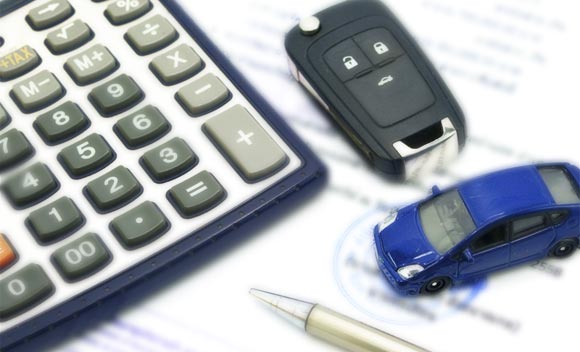Leasing is still a valid option despite 'New Approach' to lease accounting
16/02/2016 00:00:00by Paul Fincham16/02/2016 00:00:00Leasing is still a valid option despite 'New Approach' to lease accountingBluedrop Services

After more than 10 years of review, the Financial Accounting Standards Board released their Accounting Standards Update to accommodate a “New Approach” to lease accounting in January. As a result, lease assets and liabilities will now need to be recorded at the net present value of the future payments. The new standard requires companies to include lease obligations on their balance sheets, a move that understandably fleet management companies have been wary of.

Why did we need a new approach to lease accounting?
The change was driven by FASB and the International Accounting Standards Board (IASB), who forwarded concerns from investors and the Securities and Exchange Commission (SEC) about a lack of transparency on financial statements. The new approach, called the ‘right of use’ model, gives a more complete picture of a business’s financial commitments. It aims to take the guesswork out of leasing and provides greater transparency to a business’s financial commitments.
Who does it affect?
Initially, the new standard will only apply to public sector organisations and firms that report to International Financial Reporting Standards (IFRS). Publicly listed companies already have to make a note to the annual report, which reflects any operating lease rentals payable. Most UK firms currently report to the UK’s Generally Accepted Accounting Principles (GAAP) and will be unaffected until such time as they converge with the IFRS standard.
What will the change mean?
Trade associations believe the introduction of the ‘right of use’ model is unlikely to over-shadow the major benefits of leasing. Regardless of the new changes, companies are likely to want to continue to lease assets as the majority of the existing benefits from leasing will remain. Leasing currently provides the benefit of spreading a fixed cost over the lease term, it also provides 50% VAT recovery on the financing of company cars, offers protection against fluctuations in residual values and provides the opportunity to fully outsource fleet operations and services.
BVRLA’s Chief Executive, Gerry Keaney comments “Vehicle leasing continues to grow in popularity and this has very little to do with any balance sheet advantages.
“Its main value comes elsewhere, protecting companies from the risk of fluctuating vehicle values, providing them with extra flexibility and purchasing power and freeing-up precious working capital that would otherwise have been spent on buying an asset.”
Despite the new accounting approach the BVRLA also forecasts further vehicle leasing growth in 2016 “This year we expect to see further growth, with a single digit percentage increase in the traditional fleet leasing market. This growth will be led by innovation in product design, flexibility and delivery”.
When will it all come into place?
The new standard, IFRS 16 Leases, only becomes mandatory from 1st January, 2019, but as with any other change to accounting standards, companies will need to ensure that they produce a set of comparative accounts for the prior year.
Return to blog menuWant to find out more about Bluedrop's Fleet Insurance?
Call our friendly team now for the right insurance cover - at the best price
+441489780491
Calls recorded for training and quality.



 Privacy and Cookie Policy
Privacy and Cookie Policy